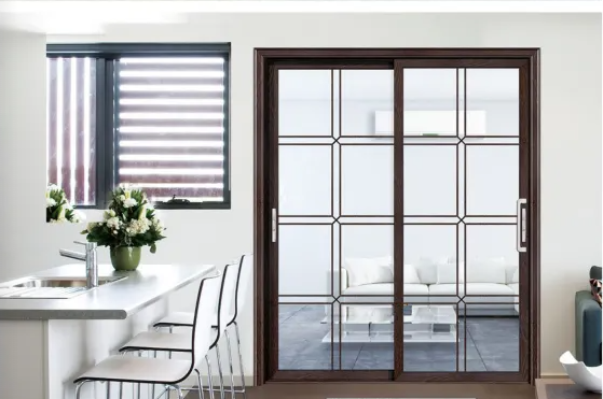Glazed sliding doors have become increasingly popular in modern architecture, not only for their aesthetic appeal but also for their functional benefits. One of the significant advantages of glazed sliding doors is their ability to enhance natural light in a space while providing a seamless connection between indoor and outdoor environments. However, a common concern among homeowners and builders is the sound insulation properties of these doors. This article explores how different types of glass used in glazed sliding doors can impact their soundproofing capabilities.
The sound insulation of glazed sliding doors largely depends on the type of glass used. Standard single-pane glass offers minimal sound reduction, making it less effective in noisy environments. This type of glass can transmit sound waves easily, allowing external noise to penetrate the interior space. For those living in urban areas or near busy roads, opting for single-pane glazed sliding doors may not be a good choice if noise reduction is a priority.
To improve the sound insulation of the sliding doors, many manufacturers offer double-glazed options. Double glazing consists of two panes of glass separated by a layer of air or gas, which acts as a buffer against sound transmission. This design significantly reduces noise levels, making double-glazed glazed sliding doors a popular choice for homeowners seeking tranquility in their living spaces. The air gap between the panes not only enhances thermal insulation but also dampens sound waves, providing a more peaceful indoor environment.


